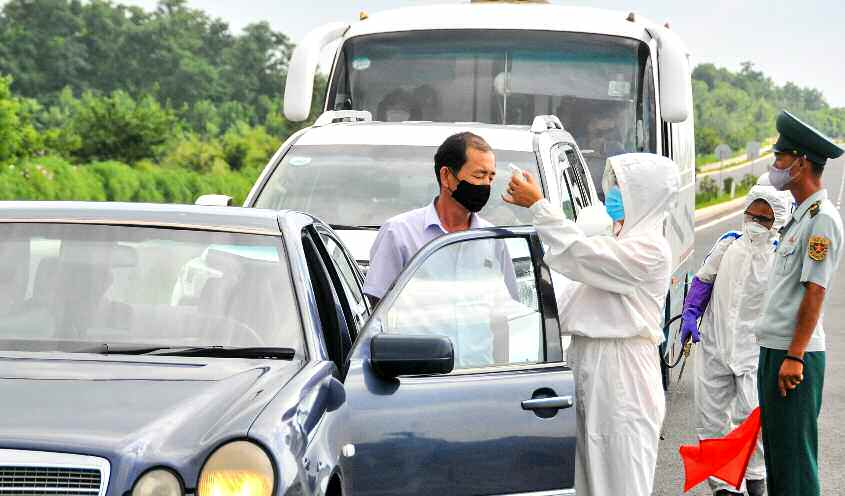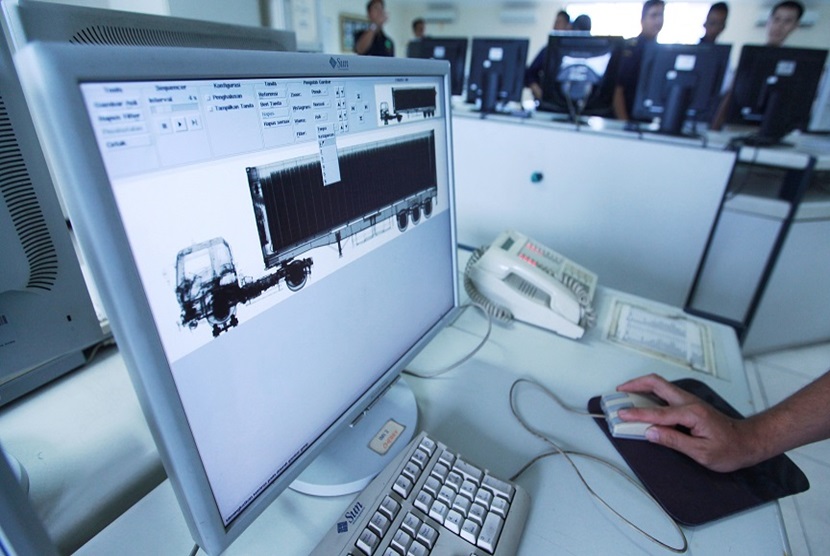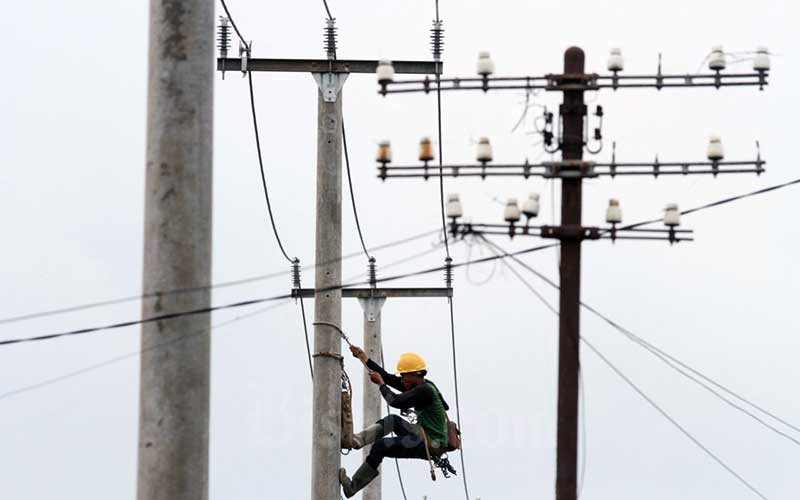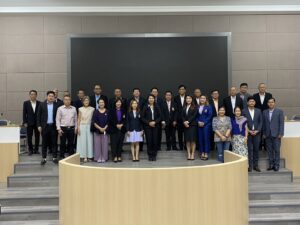[ad_1]
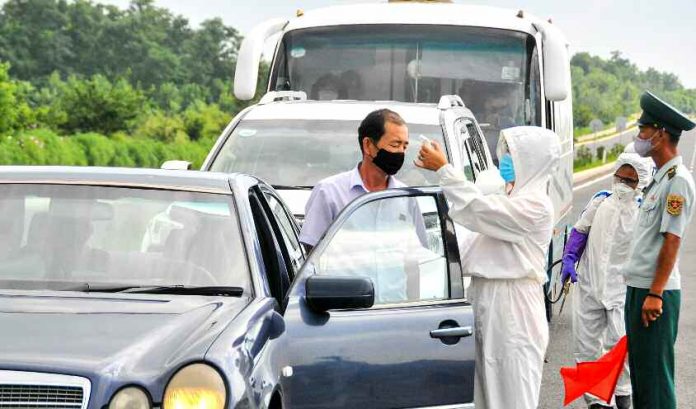
In 2021, at the height of the COVID-19 pandemic, the North Korean government sought technologies that could help it better track the movements of its people. One technology the government incorporated into its nationwide surveillance system was facial recognition devices at major train stations in Pyongyang and other major cities.
In response to an order from the central government, South Hamgyong Province first installed a facial recognition device at the ticket gate of a specific train station in April 2021. The device scanned the faces of people passing through the gate to board trains to confirm their identities.
The provincial branch of the Ministry of Social Security said the government “spent a fortune to install these special devices to stop enemy plots using the infectious disease as an excuse in South Hamgyong Province, a center of the chemical industry.”
The provincial authorities felt that installing the facial recognition software was an appropriate response that could minimize the risk of spreading COVID-19 while effectively managing public travel at a time when social distancing due to the virus was becoming more important.
Based on the successful trial of the facial recognition device, South Hamgyong Province decided to install the devices at the ticket gates of other local train stations. As a result, the facial recognition system was expanded to multiple gates at multiple stations, allowing authorities to more thoroughly control people’s movements.
The authorities were able to conduct inspections and confirmations much more quickly than before, when railway police made people wait in line while they visually checked their IDs, travel documents, and train tickets before letting them pass through the gate.
However, a resident of South Hamgyong Province, recalling those days, said that the installation of the latest technology at the train stations “showed the government’s efforts to strengthen the crackdown and control over the people by using advanced technology. In other words, the state’s goal was to crack down on public travel by installing facial recognition devices, ostensibly to stop the spread of COVID-19.”
“People at the time were shocked at how far the state’s technology had come,” the person said. “Some were appalled that the state wasn’t interested in how people were starving, but was spending money on technology to control people so they couldn’t move an inch.”
In other words, some people expressed despair and anger at the state for focusing solely on internal controls, including travel bans, while neglecting the people whose livelihoods were threatened by COVID-19’s impact on economic activity and who suffered from shortages of daily necessities and medicine.
According to several sources in North Korea, three facial recognition devices installed at a station in Pyongyang in 2021 are currently functioning normally, while those installed at several stations in South Hamgyong Province have malfunctioned and are no longer functioning.
At the stations in South Hamgyong Province, the railway police are still checking the IDs, travel documents and train tickets of each person boarding the train.
Translated by David Black. Edited by Robert Lauler.
Daily NK works with a network of sources living in North Korea, China, and elsewhere. Their identities remain anonymous for security reasons. For more information about Daily NK’s network of reporting partners and information-gathering activities, please visit our FAQ page here.
Please send any comments or questions about this article to [email protected].
[ad_2]
Source link
